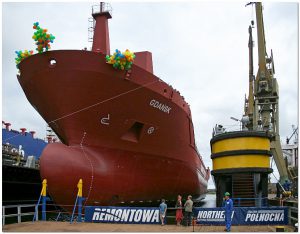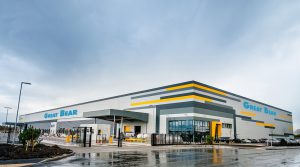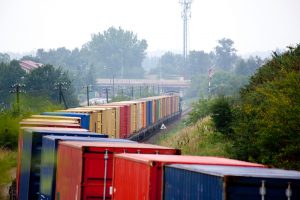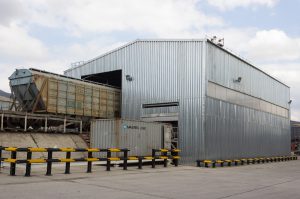
INFORM Webinar: optimise container and reuseable packaging operations
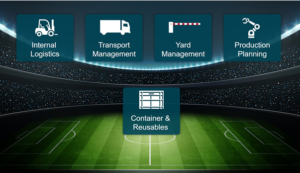
WEBINAR: Algorithms are a proven way to optimise pooling operations, as they provide the… Read more »
Hutchison To Develop Ukraine Container Terminal on Black Sea
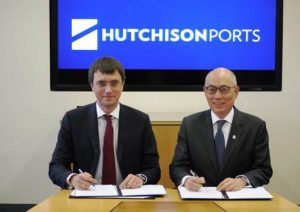
Hutchison Ports has signed an MOU with the Government of Ukraine for the development… Read more »
1000 Krone swap containers for Hermes via Seaco
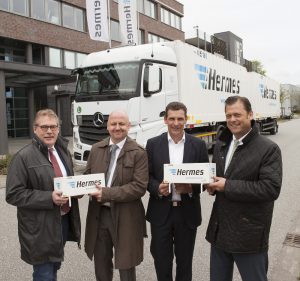
The first two of a total of 1,000 swap containers for Hermes Transport Logistics… Read more »
Baltic Sea Development Includes Klaipeda
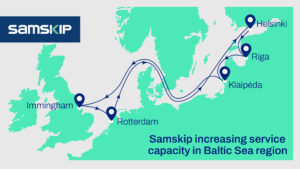
Friday March 1st marked the date when Samskip took the next step in its… Read more »
Mermaid Container Ship Delivered
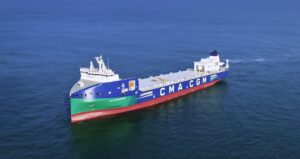
CMA CGM Group, a global player in maritime, land, air, and logistics solutions, has… Read more »
FCL Solution for Seamless Shipping from India
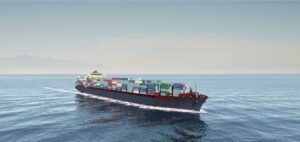
cargo-partner, a leading global logistics provider, has introduced a new Full Container Load (FCL)… Read more »
Peak Season Efficiency with Mobile Label Printing
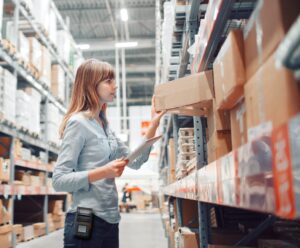
Peak season is a chaotic and profitable time for the majority of retailers and… Read more »
More than just Containers on Container Ships
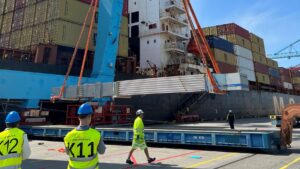
Even if container ships are optimized to handle containers in particular, there are nevertheless… Read more »
Seafrigo Acquires Specialist UK Forwarder
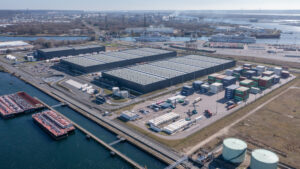
Seafrigo has acquired the specialist UK-headquartered forwarder Perishables Movements Limited (PML); with the formal… Read more »
Hyster Provides Electric Empty Container Handler
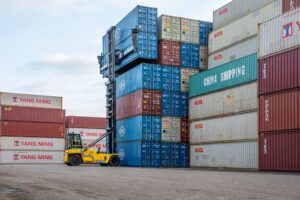
Hyster announces it will provide CARU Containers B.V. with a 100% battery-powered empty container… Read more »
Improve Data Quality in Air and Sea Supply Chains

Over the past three years, global supply chains have been challenged by structural issues… Read more »
Rio Grande Container Terminal Efficiency
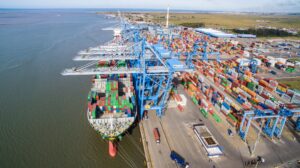
Wilson Sons, the largest integrated port and maritime logistics operator in the Brazilian market,… Read more »
Transport of Villas for Red Sea Resort
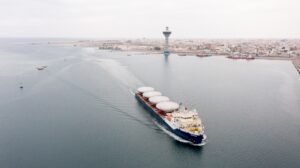
P&O Maritime Logistics, a leading provider of critical logistics and marine solutions, will use… Read more »
Short Sea boost for London Thamesport
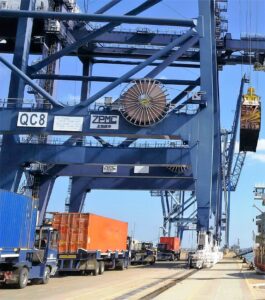
The range of short sea container services available from Hutchison Ports London Thamesport is… Read more »
Singapore Port Group’s Container Throughput
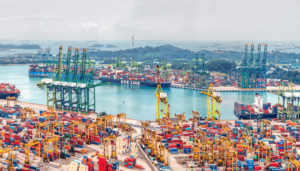
PSA International Pte Ltd (PSA) handled container throughput volumes of 90.9 million Twenty-foot Equivalent… Read more »
Pharma container available for demonstration
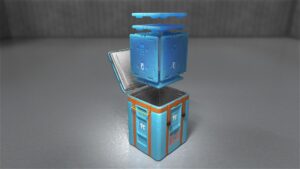
Tower Cold Chain’s latest product for smaller pharmaceutical shipments, the KTEvolution container offering protection,… Read more »
Experts see silver lining beyond container chaos
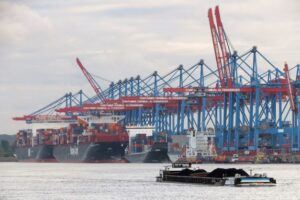
Congestion of container ships on the North Sea, expensive drayage transport, container shortage: the… Read more »
Cleveland Containers secures investment from LDC
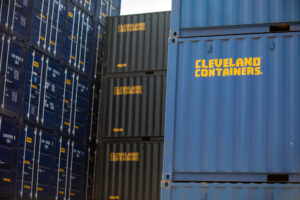
Cleveland Containers, a leading UK supplier of shipping containers, has secured a minority investment… Read more »
DB Schenker to operate autonomous coastal container feeder
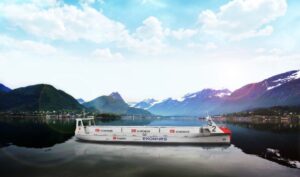
DB Schenker, one of the world’s leading logistics providers, has revealed plans to operate… Read more »
Georgian seaport Poti officially opens
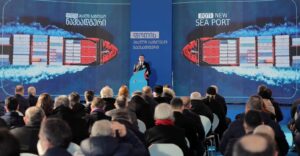
Through the joint effort of Pace Group and the US International Development Finance Corporation… Read more »
Tanger Med reports container traffic record
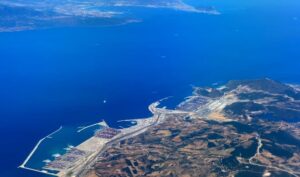
7,173,870 TEU of containers were handled in Tanger Med port complex, up by 24%… Read more »
BIFA joins calls to investigate container market
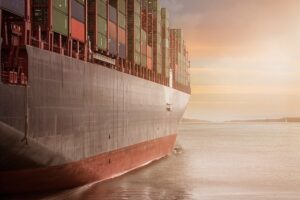
The British International Freight Association (BIFA) has written to the UK government asking it… Read more »
Cherbourg handles 100,000th container from Ireland
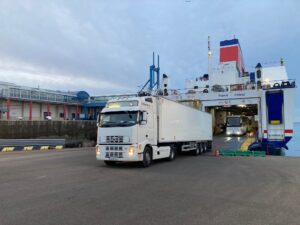
Cherbourg Port has handled its 100,000th trailer travelling between Ireland and France, having multiplied… Read more »
Mooij introduces double-floor containers
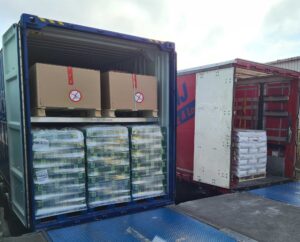
Mooij Forwarding & Logistics has taken 18 containers with a double-deck loading system into… Read more »
BIFA releases report into container shipping fundamentals
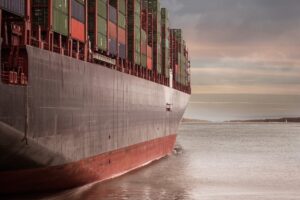
In response to concerns expressed by its members, the trade association that represents UK… Read more »
Suez Canal Blocked by Grounded Container Ship
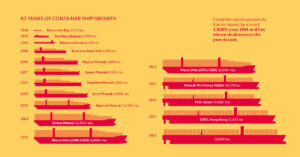
An Ultra Large Container Ship, MS Ever Given, grounded in the Suez Canal and… Read more »
The Next Evolution of Container Handlers and Lift Trucks Launched
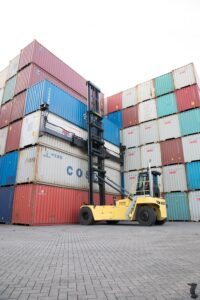
Hyster has launched the next evolution in its range of Container Handlers and 18+… Read more »
Return Container Booking App Launched
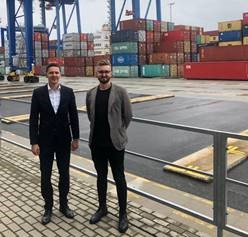
Cargo stream – the first of its kind container booking app in Europe –… Read more »
New Collapsible Containers Offer More Space, Zero Waste
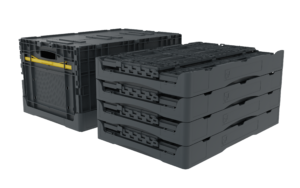
Returnable packaging innovator, Loadhog, has extended its range of Collapsible Containers with a 320mm… Read more »
UK Port of Tyne Increases Container Handling Ahead of Brexit
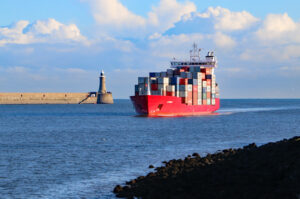
In the final days of the transition period before Brexit and after 10 months… Read more »
Red Sea Gateway Terminal Wins Sustainability Award
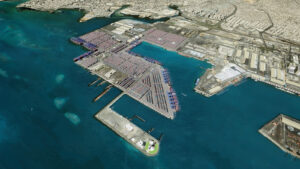
Red Sea Gateway Terminal (RSGT), has been named winner of the 2020 Sustainability Award… Read more »
Covid Vaccines add to Sea and Air Freight Challenges
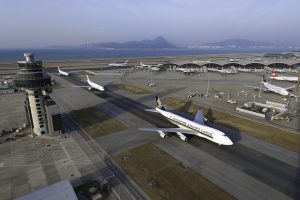
The news that the UK has become the first country in the world to… Read more »
First 23000 TEU Container Vessel Powered by LNG
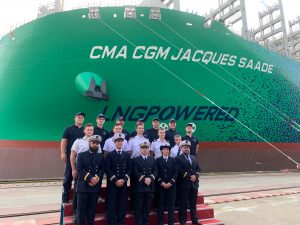
The CMA CGM Jacques Saadé has joined CMA CGM Group’s fleet thus becoming the… Read more »
Direct Container Service from Norway to the UK
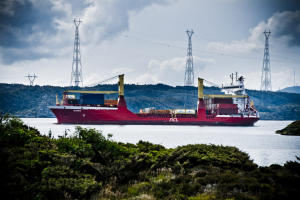
NCL has confirmed that it will commence a new, direct weekly container service from… Read more »
Returnable Container Developed for German Optician Chain
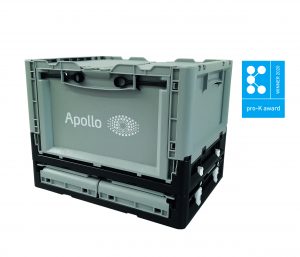
In cooperation with Schoeller Allibert, Germany’s leading optician chain Apollo has developed a returnable… Read more »
Mawani and DP World Sign Container Terminals Deal for Jeddah Port
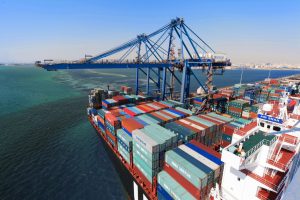
Saudi ports authority company Mawani is to sign a deal with global port operator… Read more »
Case Study: Container Legs in LNG Innovation
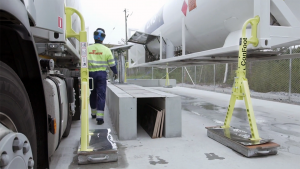
Rohe Solutions, a Finnish company, is a joint venture between Hamina Energy and Alexela… Read more »
New Variants for Popular ULD Container Handler
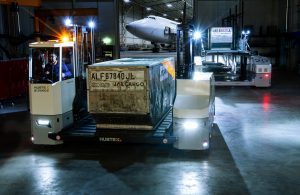
The handling of ULD (Unit Load Device) containers is a key logistical task in… Read more »
BITO Introduces Last Mile Container for Online Grocery
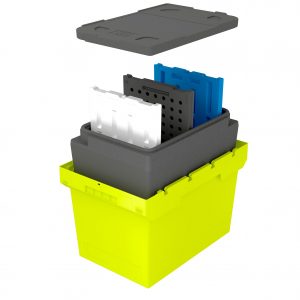
Storage and picking specialist BITO has introduced the MB Food & Delivery container. This… Read more »
Port of Rotterdam Introduces Track & Trace Containers
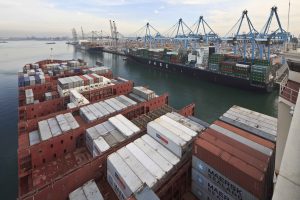
The Port of Rotterdam Authority has today launched ‘Boxinsider’, an application allows shippers and… Read more »
End-to-End Container Visibility Offered by Key Players

FourKites, a leader in predictive supply chain visibility, and Ocean Insights, the leader in… Read more »
Project44 to Showcase At-Sea Visibility Options in Munich
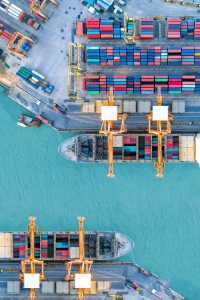
Supply chain visibility pioneer Project44 will showcase its gamechanging functionality at transport logistic in… Read more »
BITO’s EQ Container Fleet Returns Client Investment in One Year
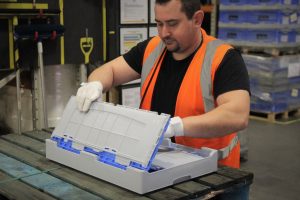
BITO Storage Systems has provided Parker Hannifin’s Engine Mobile Filtration Division with a fleet… Read more »
Zero-emissions Container Ships…
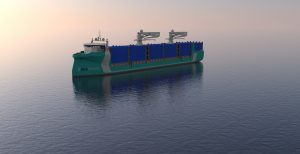
Europe’s largest multimodal operator has been named lead partner in ‘Seashuttle’, a project seeking… Read more »
North Sea Routes “Best Way to Avoid Brexit Disruption” Claims Samskip
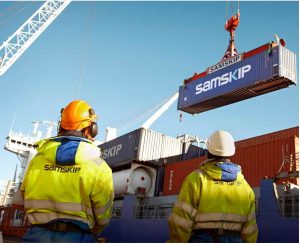
Two years of pre-Brexit investment in North Sea container shipping services is proving decisive… Read more »
Containerships in LNG Tie-Up with Cross-Border Transporter Don Trucking
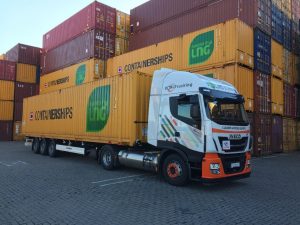
Containerships, a full-service logistic company providing door-to-door container transportation in the Baltic Sea, North… Read more »


